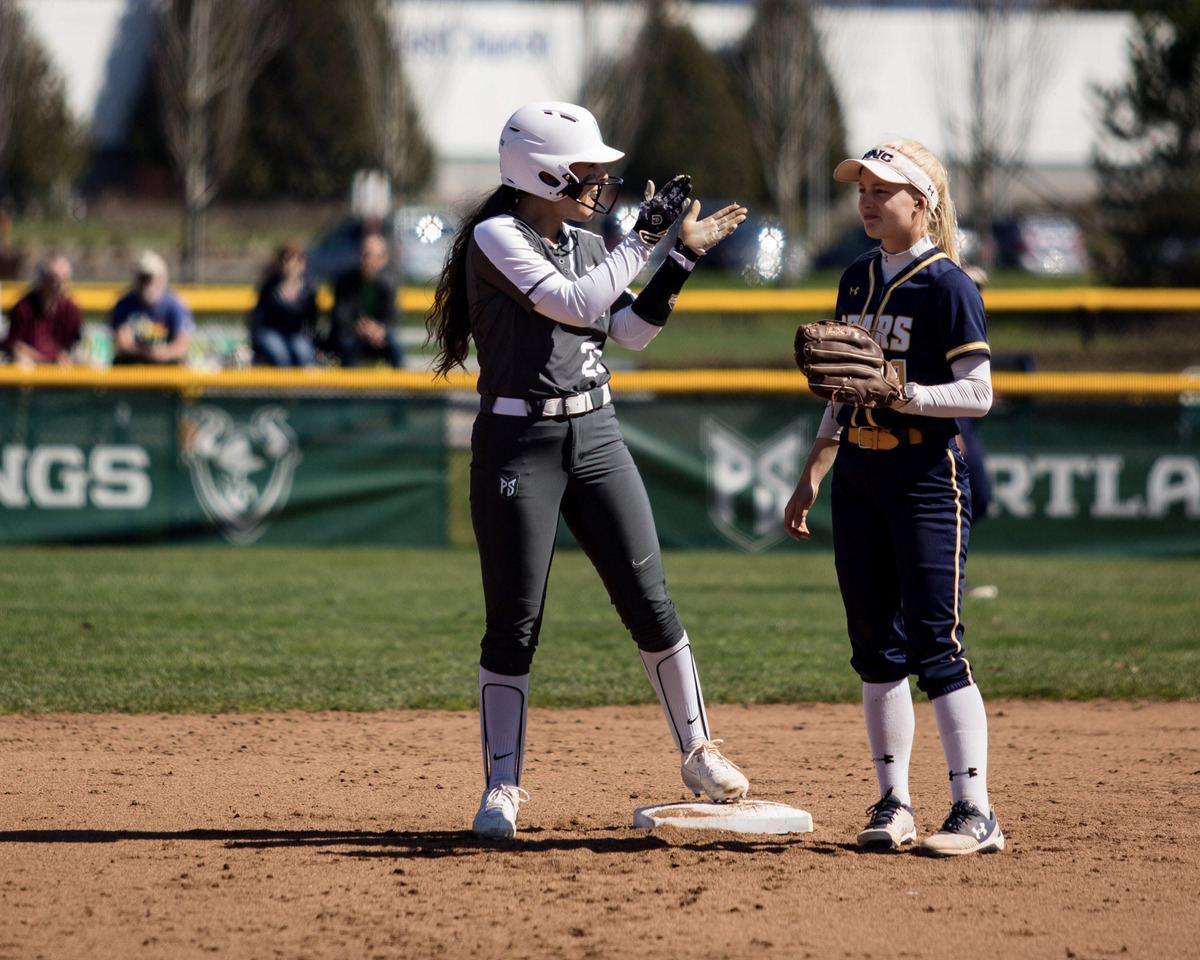Proposals to curb underage drinking
Oregon’s Underage Drinking Task Force has put forward a set of recommendations in an attempt to counter underage drinking.
These include mandatory alcohol labeling that identifies age requirements and penalties, encouraging college presidents to ban underage drinking on campuses, stepping up efforts to raise awareness among youth, increasing the state’s tax on beer, and working with alcohol purveyors, such as a restaurant chain that voluntarily discontinued selling non-alcoholic “drinks” to children.
The report, submitted last month, comes on the heels of an initial report of April 1999, “Recommendations from the Underage Drinking Task Group,” an initiative taken by Ex-Gov. John Kitzhaber in order to address the apparent alcohol-related problems.
“Oregon continues to have a significant problem with underage drinking, and the consequences affect every community in the state,” Kitzhaber said in the report.
The report also said that the statistics of alcohol-related problems were sobering. They include traffic accidents, youth suicides, homicides, two-thirds of sexual assaults, date rapes and unprotected sex.
“The efforts to counter these must involve team effort among multiple state and local agencies and community partners,” read the report.
Members from the Governor’s Council on Alcohol and Drug Abuse Programs, the Oregon Liquor Control Commission, the Transportation Safety Division, the Driver and Motor Vehicle Services Division and the Oregon Coalition to Reduce Underage Drinking were in attendance at the meeting.
Expressing happiness over the new recommendations, Sgt. Michael Soto of Campus Public Safety at Portland State University called for more vigilance and hinted at a possible increase in inspections in and around campus.
“All alcohol-related violations by students on campus and at university sponsored events off campus will be handled by the procedures outlined in the ‘Student Conduct Code,'” he said. “Depending on the circumstances, some might even be referred to Counseling and Psychological Services (CAPS) for treatment.”
Sandra Franz, registered nurse and administrative director of Student Health Services, echoed Soto’s sentiment.
She said PSU is taking steps to increase the awareness about the effects of alcohol and drug abuse among college students. PSU recently brought Mike Green, a football player and recovering alcoholic to speak to students on the dangers of alcohol.
Douglas Samuels, vice provost of student affairs, said with reference to PSU in particular, that the average age of students is around 28, and this would make the problem easily manageable. He is awaiting the official copy of the order, regarding the new recommendations, which might take a while, he mentioned.
Student referrals can be made to Susan Captein in the CAPS at 503-725-4423
Faculty and staff referrals can be made through Employee Assistance Service at 503-243-6970.
@subhead:Key features of the PSU Alcohol and Drugs Related Policy:
@body:The legal age for consuming alcohol in the State of Oregon is 21 years.
Whenever alcoholic beverages are served at university events, a variety of non-alcoholic beverages must be offered, prominently featured.
Events that suggest the primary focus is to consume alcoholic beverages (i.e. happy hours) are not consistent with the university’s philosophy.


